(CTN NEWS) – TOKYO – After battling for years to market its goods despite objections from environmentalists, a Japanese whaling company has discovered a new strategy: whale meat vending machines.
In the port city of Yokohama, close to Tokyo, a new unmanned store called The Kujira (Whale) Store has just opened.
It has three machines for making whale sashimi, whale bacon, whale skin, whale steak, and canned whale meat. Prices start at 1,000 yen and go up to 3,000 yen ($7.70 to $23).
The third store to open in the Japanese capital region includes white vending machines with cartoon whale decorations.
After two others were unveiled in Tokyo earlier this year as a part of Kyodo Senpaku Co.’s new sales campaign, it opened on Tuesday.
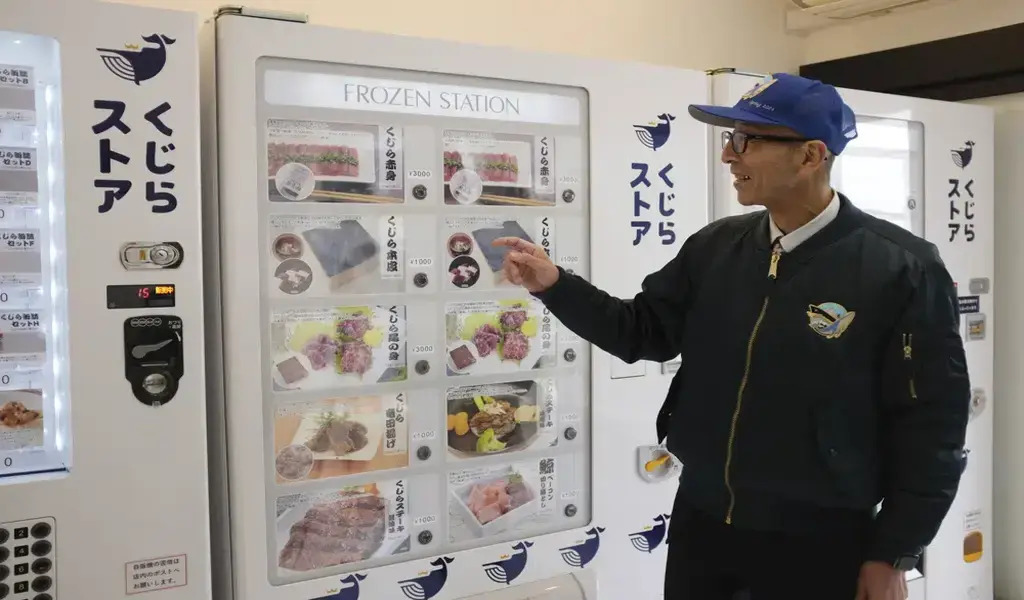
Although sales in the new vending machines have quietly started off well, the operator notes that whale meat has long been a contentious topic.
Since Japan ended its widely criticized research hunts in the Antarctic in 2019 and resumed commercial whaling off its coasts, anti-whaling demonstrations have subsided.
Environmentalists express concern that the action could pave the way for increased whaling.
The Iruka & Kujira (Dolphin & Whale) Action Network’s Nanami Kurasawa declared that the problem with vending machines was not the machines themselves but rather what they might cause.
Kurasawa pointed out that the operator of the whaling operation has already requested more catches and to expand whaling outside of the designated waters.
In five years, Kyodo Senpaku plans to install vending machines at 100 places across the country, according to company representative Konomu Kubo. In Osaka, a fourth will open the following month.
The plan is to instal vending machines close to supermarkets, where whale meat is typically unavailable, in order to create demand—a task essential for the sustainability of the sector.
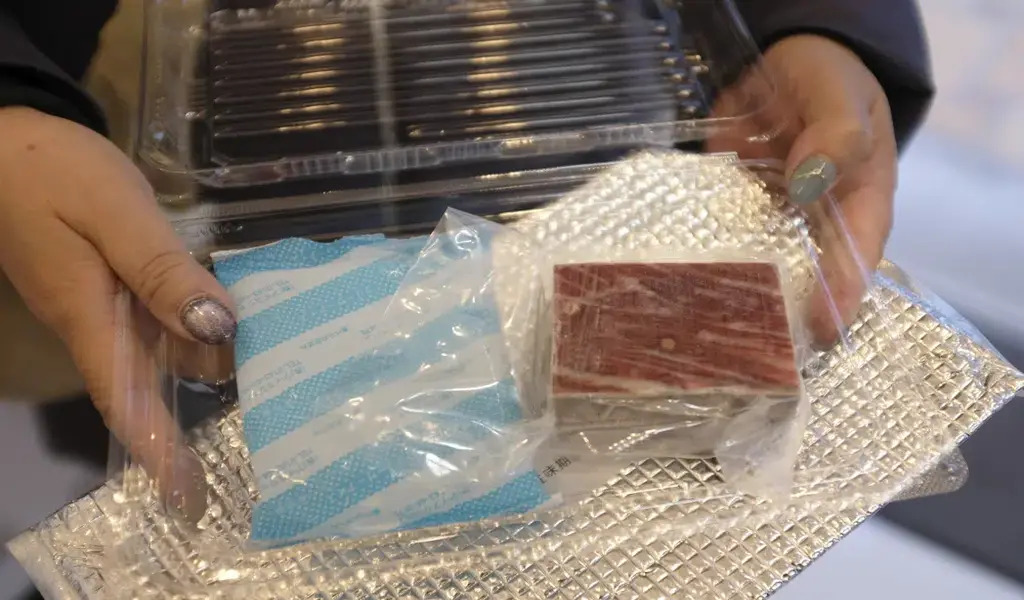
According to Kubo, major supermarket chains have mostly refrained from selling whale meat in order to quell anti-whaling group protests and exercise caution even if the harassment of activists has decreased.
“As a result, many consumers who want to eat whale meat cannot locate or purchase it. For those individuals, we installed vending machines at unmanned stores, the speaker remarked.
According to company representatives, sales at the two stores in Tokyo have exceeded expectations by a large margin, keeping staff members busy restocking inventory.
Mami Kashiwabara, a 61-year-old customer, immediately chose whale bacon at the shop in the Motomachi neighbourhood of Yokohama, an upscale retail zone next to Chinatown.
Whale bacon was her father’s favorite food. She was disappointed to discover that it had been sold out and had to make do with frozen onomi, a rare delicacy that is tail flesh.
Although Kashiwabara claims to be aware of the controversies surrounding whaling, she claims that eating whale meat reminds her of eating it as a child at meals with her family and during school lunches.

“I do not believe that killing whales for no reason is good. However, whale meat is a staple of Japanese cuisine, and by appreciating whale meat, we can honor whales’ lives, according to Kashiwabara. If I could eat it, I would be pleased.”
Kashiwabara stated that she intended to enjoy some sake with her spouse after purchasing a 3,000 yen ($23) handy-size chunk.
Most of the flesh comes from whales captured off the northeastern coast of Japan.
After leaving the International Whaling Commission, Japan restarted commercial whaling in July 2019.
This ended 30 years of so-called “research whaling,” which conservationists had denounced as a pretext for the commercial hunts that the IWC had outlawed in 1988.
Japan caught 270 whales last year as part of its commercial whaling in its exclusive economic zone, less than 80% of its quota and less than the quantity it previously hunted in the Antarctic and the northwestern Pacific as part of its research programme.
Less minke whales were discovered near the coast, which led to the decline. According to Kurasawa, the cause of the decreased catch should be investigated to determine if overhunting or climate change are to blame.

While environmental organizations opposed the return of commercial whaling, some view it as a chance for the government’s troubled and expensive whaling program to adapt to shifting trends and public preferences.
Kyodo Senpaku will build a new mother ship for 6 billion yen ($46 million) to replace the ailing Nisshin Maru in an effort to maintain the whaling industry in the decades to come.
But there is still ambiguity. Even in countries with whalers, like Iceland, whaling is waning.
According to Kubo, whales may also be avoiding the Japanese shores because of a lack of saury, a key component of their diet, and other fish, possibly due to climate change.
According to Fisheries Agency figures, just a few hundred people and one operator are involved in whaling in Japan, and it makes up less than 0.1% of the country’s overall meat consumption.
However, as a part of Japan’s cultural tradition, conservative lawmakers in power vehemently favour commercial whaling and the consumption of meat.
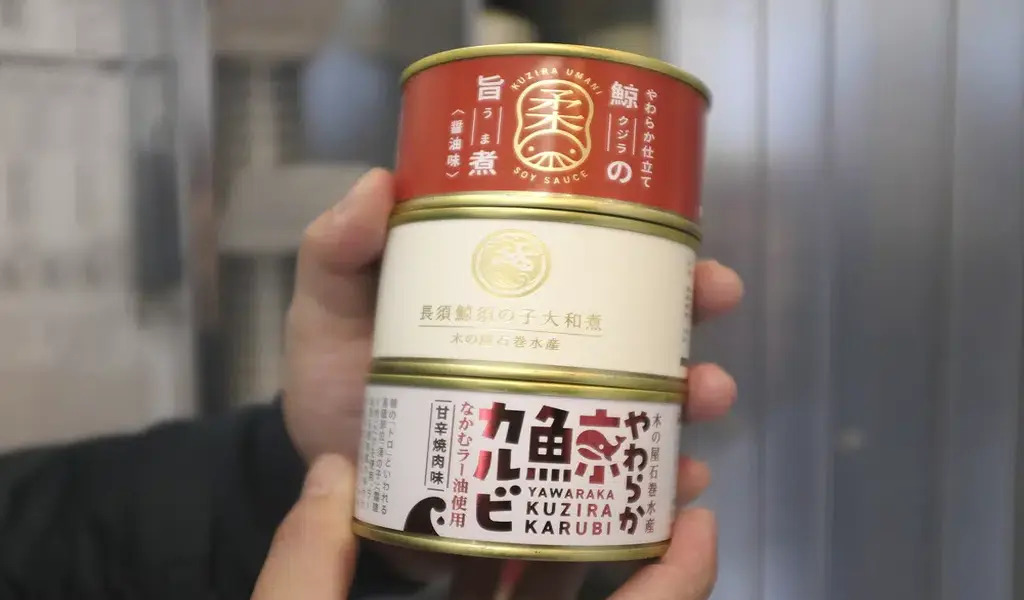
Environmentalists say whale flesh is no longer consumed regularly in Japan, especially by younger people.
After World War II, when Japan was undernourished, whale meat was a cheap source of nutrition; in 1962, 233,000 tonnes were consumed annually.
Other meats quickly took the place of whales. In 1986, the year before the International Whaling Commission (IWC) outlawed the hunting of numerous whale species, the availability of whale meat dropped to 6,000 tonnes.
Japan caught up to 1,200 whales each year during the research whaling period, which has been accused as a cover for commercial hunts because the meat was sold on the market.
Following a rise in worldwide protests and a decline in domestic demand for whale flesh, it has significantly reduced its catch.
Between 3,000 and 5,000 tonnes of beef were imported yearly, including supplies from Norway and Iceland.
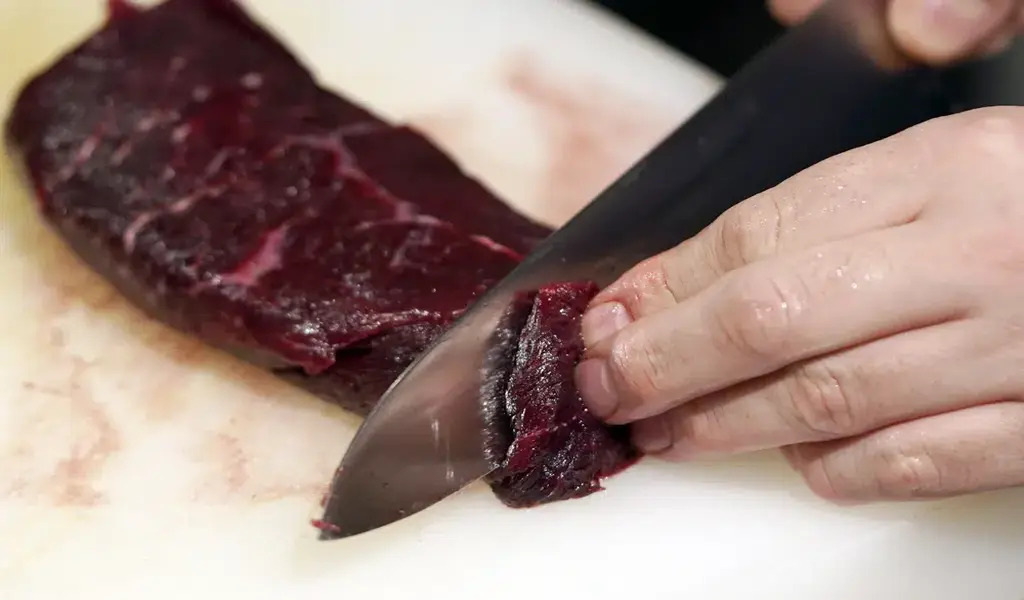
According to Fisheries Agency figures, the quantity further decreased in 2019 to 2,000 tonnes, or 20 grammes (less than 1 ounce) of whale meat per person annually.
Whaling officials blamed the absence of imports caused by the pandemic for the decline in supply over the previous three years and now want to roughly treble this year’s supply with imports of more than 2,500 tonnes from Iceland.
Whaling officials claimed that Japan could convince Iceland’s only remaining whaler to only hunt fin whales for export to Japan. According to the IWC, Iceland only managed to catch one minke whale during the 2021 season.
The International Fund for Animal Welfare criticized Iceland’s export to Japan and stated that it “opposes all commercial whaling as it is intrinsically inhumane.”
The government should increase Japan’s yearly catch quota to levels that can supply around 5,000 tonnes, which Kubo views as the threshold to maintain the industry, given the uncertain future for imports.
From a long-term standpoint, Kubo believed the sector couldn’t be sustained at the current supply levels. Both supply and demand must be increased because they have both decreased.
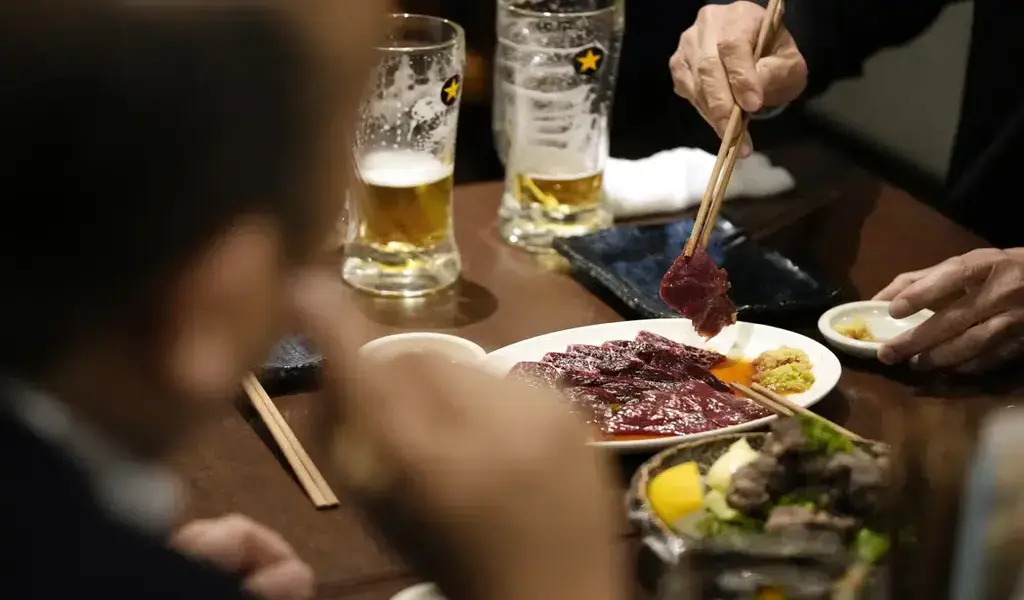
He continued, “Whale meat processing cannot be a profitable industry with the severely low supply and may not last for the next generations.”
When higher-quality whale meat became available through commercial whaling three years ago, Yuki Okoshi began serving dishes using whale meat at his Japanese-style seafood restaurant. He said he hoped the availability of whale meat would stabilise.
Okoshi claimed that whale meat restaurants may hold the key to survival and that “the future of the whale industry hinges on whether customers need us.”
The relationship between the restaurant and its clients is relatively straightforward, but whaling can be a contentious political topic, according to Okoshi.
“Our clients are satisfied because we provide wonderful meals at fair pricing. All there is to it is that.”
RELATED CTN NEWS:



